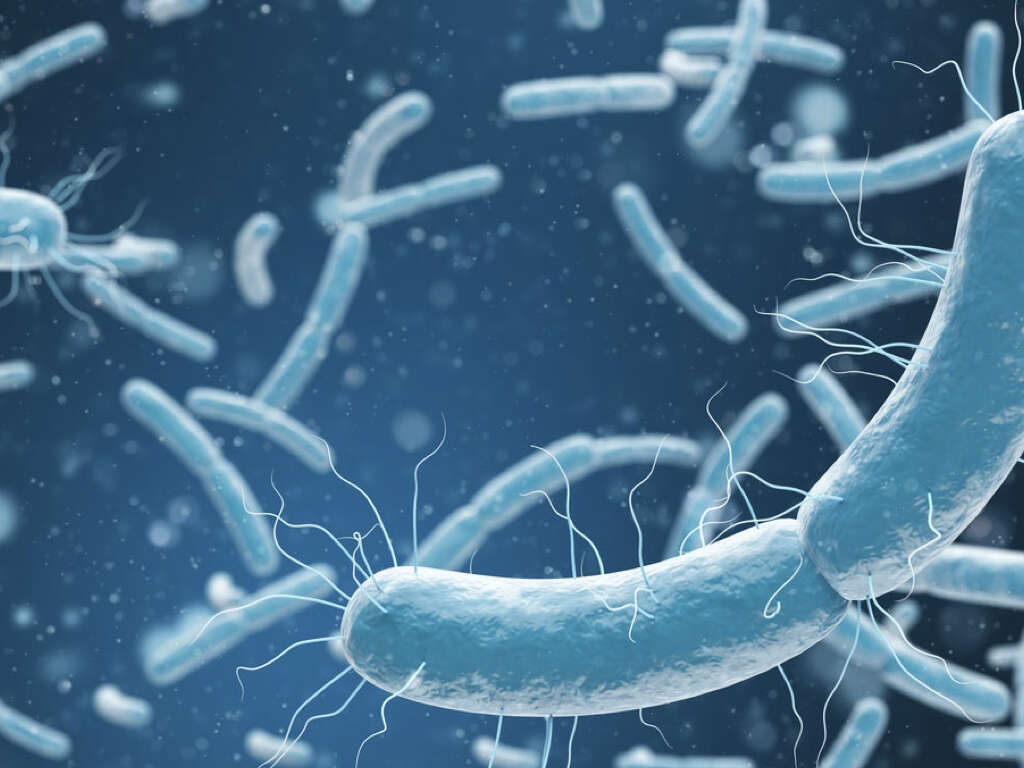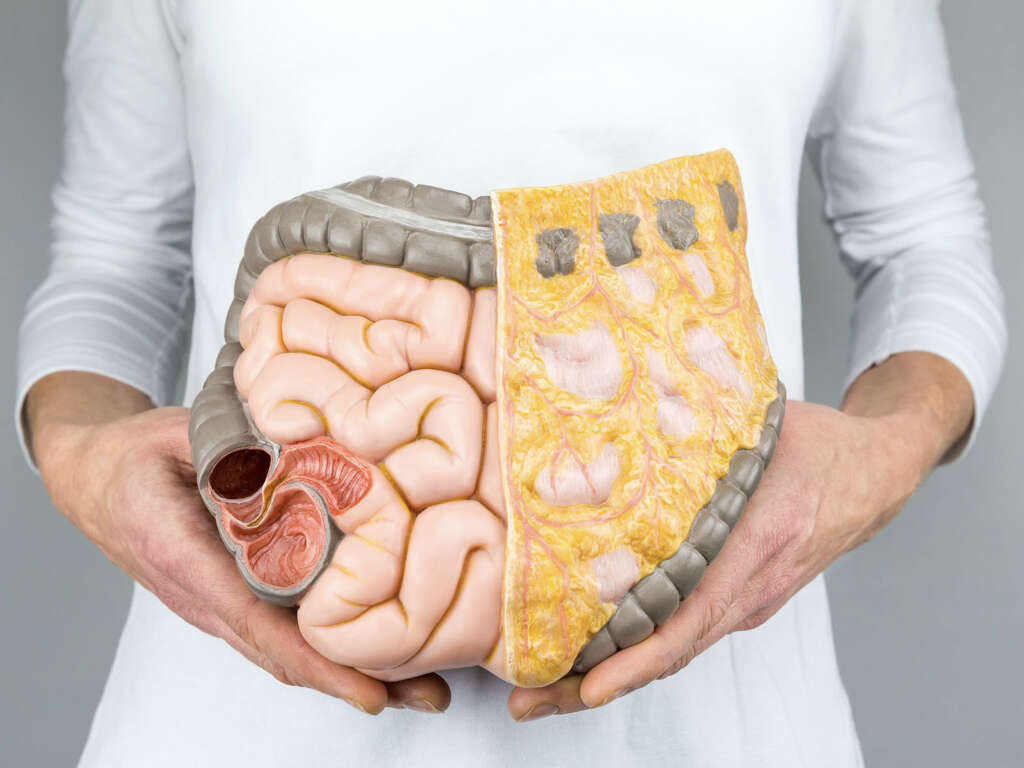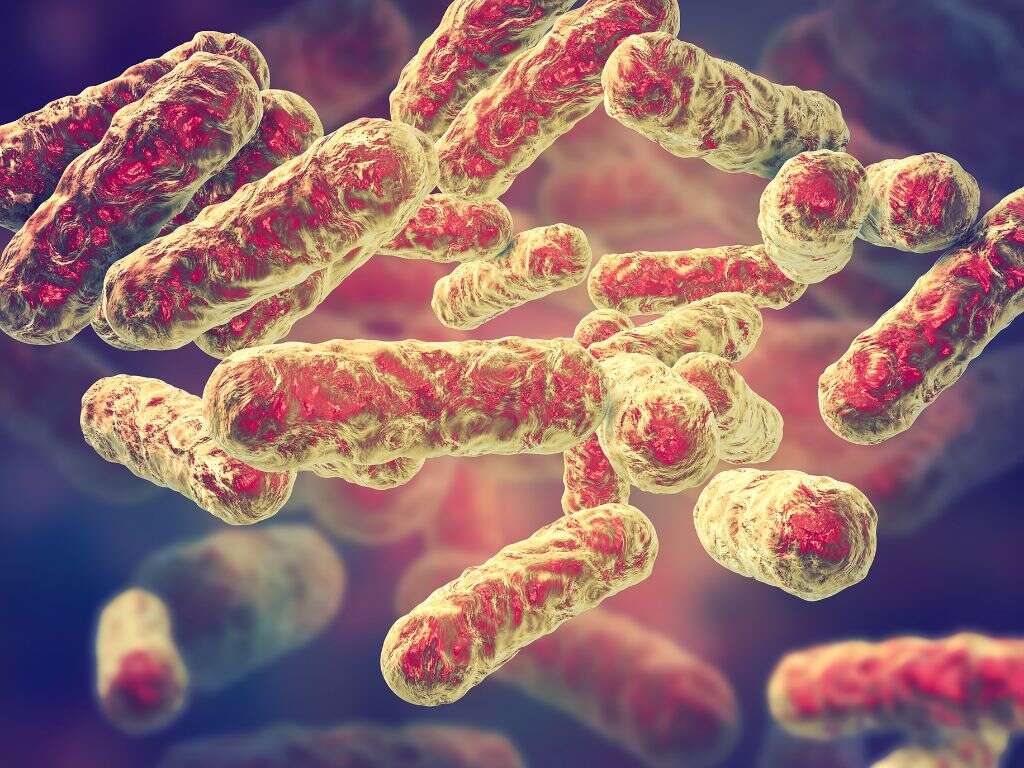What Is Gastroenteritis?
No matter where we are in the world, it is important to ensure that we always pay attention to proper food safety. Pathogens in our food can cause us a lot of harm, and can cause problems like gastroenteritis. Gastroenteritis is an infection that causes inflammation of the digestive system.
It is often transmitted because people have not taken proper care to wash their hands and utensils. Thankfully the symptoms are not usually severe but, in people that are vulnerable, gastroenteritis can be fatal. It is advised to practice good hygiene standards to help ensure gastroenteritis and other similar conditions do not arise.

1. Gastroenteritis
Gastroenteritis is the term given to a condition that causes inflammation of the gastrointestinal tract. There are several potential causes of the condition, including viruses, parasites, fungi, and bacteria. In most cases, it is a virus that is the cause of the condition. Regardless of the underlying cause, the symptoms of gastroenteritis are usually the same.
It is also a relatively common condition, with approximately 2 billion cases occurring worldwide. It can be contracted anywhere in the world, but it usually occurs in developing countries where poor hygiene standards are kept. Adults tend to develop an immunity to the potential causes, meaning it is usually found in children.
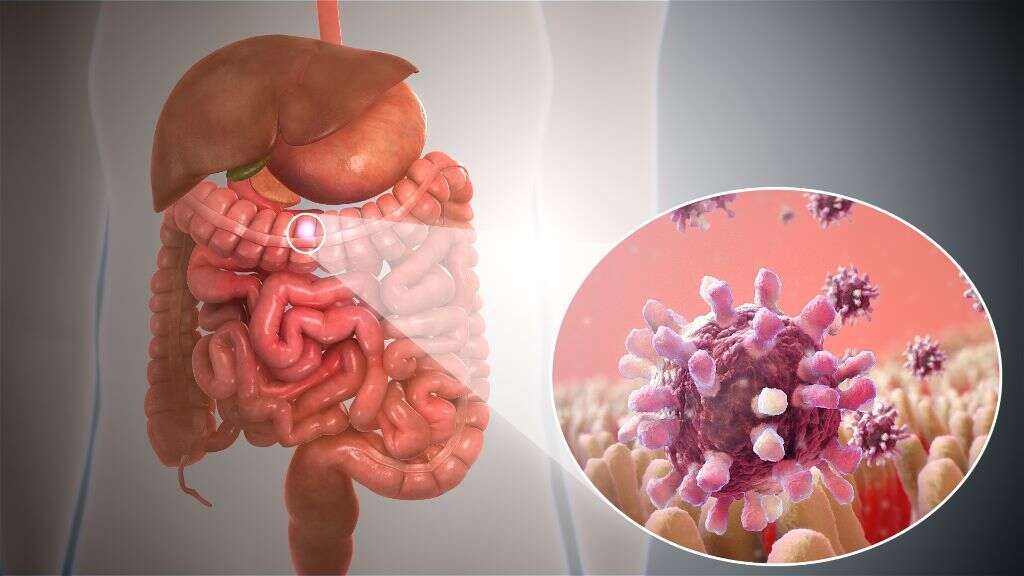
2. Viral Gastroenteritis
Viral gastroenteritis, also known as the stomach flu, is a viral infection that attacks the patient’s digestive system. Despite its other moniker, it is not closely related to the influenza virus. Depending on the cause, viral gastroenteritis can make you feel very sick indeed.
The viruses responsible include adenovirus, astrovirus, norovirus, and rotavirus. In children, the most common cause of the condition is rotavirus, accounting for around 70% of cases. In adults, the norovirus is the most common cause, accounting for around 90% of cases. Most people will only experience the symptoms for 1-2 days, but it can last for up to 10 days or so in some cases.

3. Bacterial Gastroenteritis
Where the appropriate food safety precautions have not been adhered to, eating the wrong food can make us very ill indeed. One example of this is bacterial gastroenteritis, which is often caught after eating food that has been contaminated with certain bacteria.
Those bacteria most often responsible include campylobacter, escherichia coli, salmonella, and shigella, with campylobacter jejuni being the most common in developed countries. In developing countries, however, cholera is the most common cause of bacterial gastroenteritis. Contaminated drinking water is one of the main causes of gastroenteritis in developing countries.
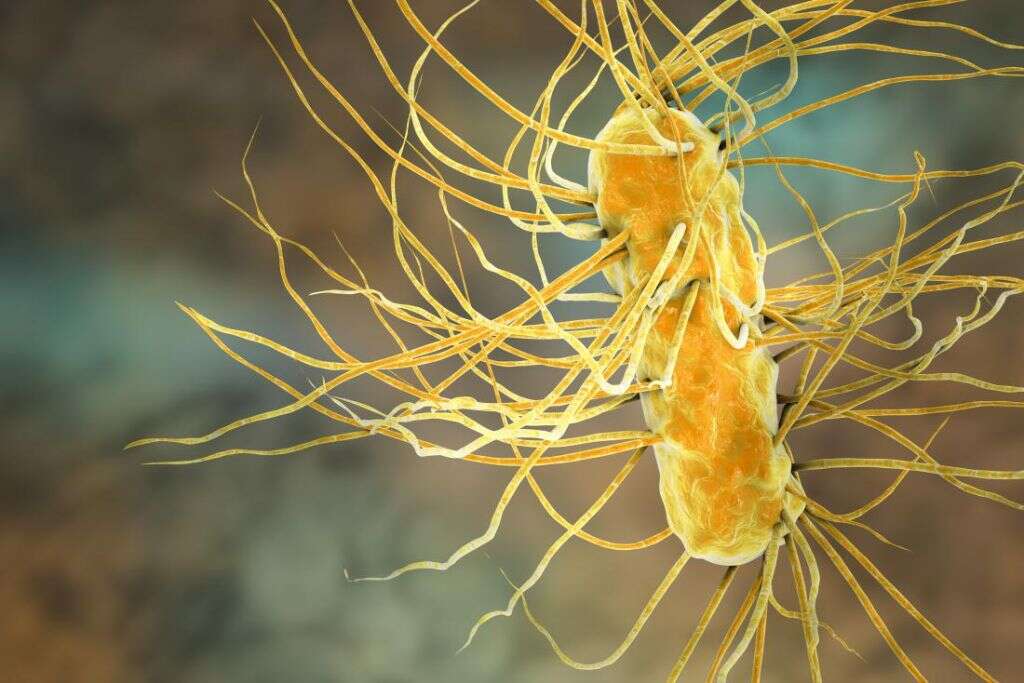
4. Parasitic Gastroenteritis
We tend to think of other animals having parasitic infections such as flea and tick infections, but people can get infected also. Some of these parasites are on a microscopic level, and they can cause us to become very ill. Parasitic gastroenteritis is one example of this happening.
Cryptosporidium spp, and entamoeba histolytica, are fairly common causes, but the most common is giardia lamblia. Giardia lamblia can be found all over much of the world but it is more likely to be encountered in developing countries. It tends to be transmitted between children staying in close groups, and is also often prevalent after natural disasters.
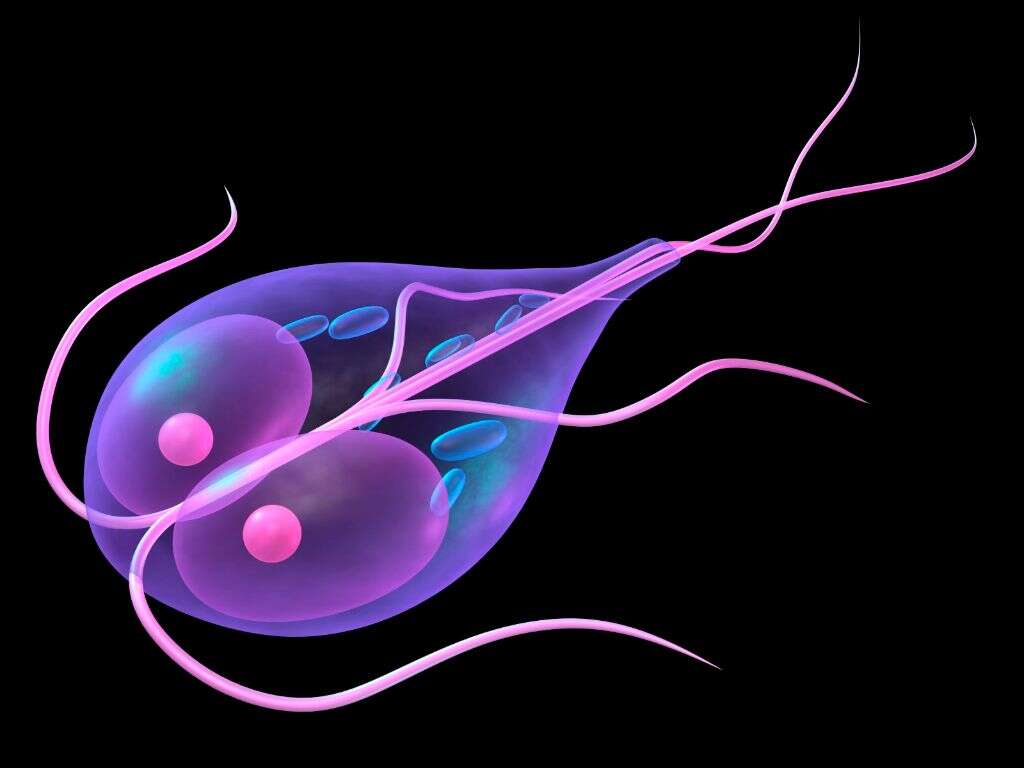
5. Diarrhea
The symptom that is perhaps most closely associated with gastroenteric is diarrhea. The patient is also likely to be experiencing considerable pain and cramps in the abdomen area. The diarrhea is usually very watery but there should not be any blood present.
If blood is present, then medical assistance should be sought because it suggests a very serious problem is present that needs rather urgent treatment. Diarrhea is one of the reasons that gastroenteritis is so dangerous in some parts of the world. It can cause considerable dehydration and malnutrition, and even in developed countries, vulnerable people are at risk.

6. Other Symptoms
Gastroenteritis will also typically cause other symptoms like nausea and vomiting. Headaches, aching muscles, and a fever are also likely. If the fever goes above 104F then it is a good idea to call a doctor, especially in young children.
You should also call a doctor if the patient is vomiting blood and/or has blood in their stools. Excess vomiting and not being able to keep liquids down are also another sign that the patient should have medical assistance. It is important to look out for the symptoms of severe dehydration, especially in the very young, the very old, and the very weak.

7. Risk Factors
Nobody is safe from gastroenteritis, including the fit and healthy. If you fall under a certain category, however, then you are more likely to catch it than other people are. The young are at risk because they have not yet developed sufficient immunity, while the old are also at higher risk if their immune systems have weakened.
People that tend to stay close to other people in groups are also more likely to catch the disease. This includes people that attend church and other events, and school children. Another risk factor is people that have a weakened immune system, such as those with AIDS, or people that are using certain types of medication.

8. Complications
Gastroenteritis can cause some very unpleasant symptoms but most patients with the condition should be able to make a full recovery from it. Some may even be fortunate enough to suffer only mild symptoms. It can be a very serious problem for some people, however.
The main danger associated with gastroenteritis is severe dehydration. With excess vomiting and severe diarrhea, patients need to be monitored closely to ensure that their bodies are managing to take in and retain all the fluids that they need. Dehydration can be fatal if it is not addressed, and hospitalization may be necessary even in developed countries.

9. Prevention
While we cannot completely protect ourselves against gastroenteritis, it is still avoidable in many cases if only precautions were taken. One way is to ensure your children are vaccinated, which will help to protect them against the rotavirus. Other precautions include practicing good hygiene, such as washing your hands regularly and thoroughly.
Also, make sure that food is properly prepared and avoid sharing cutlery and crockery with other people. You should take extra precautions if you are travelling to a developing country. Try and make sure you drink only bottled water, and avoid eating anything that has not been cooked thoroughly.

10. Treatment
Treatment is not usually available for gastroenteritis, but the condition will usually pass naturally within 10 days, often sooner. In the meantime, the patient should do what they can to look after themselves to help ensure a speedy recovery. The patient is advised to get plenty of rest and to try and eat plain foods if they are able to.
Paracetamol will be able to help reduce the symptoms of fevers, chills, and headaches. The most important thing of all is to ensure that you are taking on plenty of fluids and to look out for signs of dehydration. If you are struggling to stay dehydrated then you should consider speaking with a doctor.





